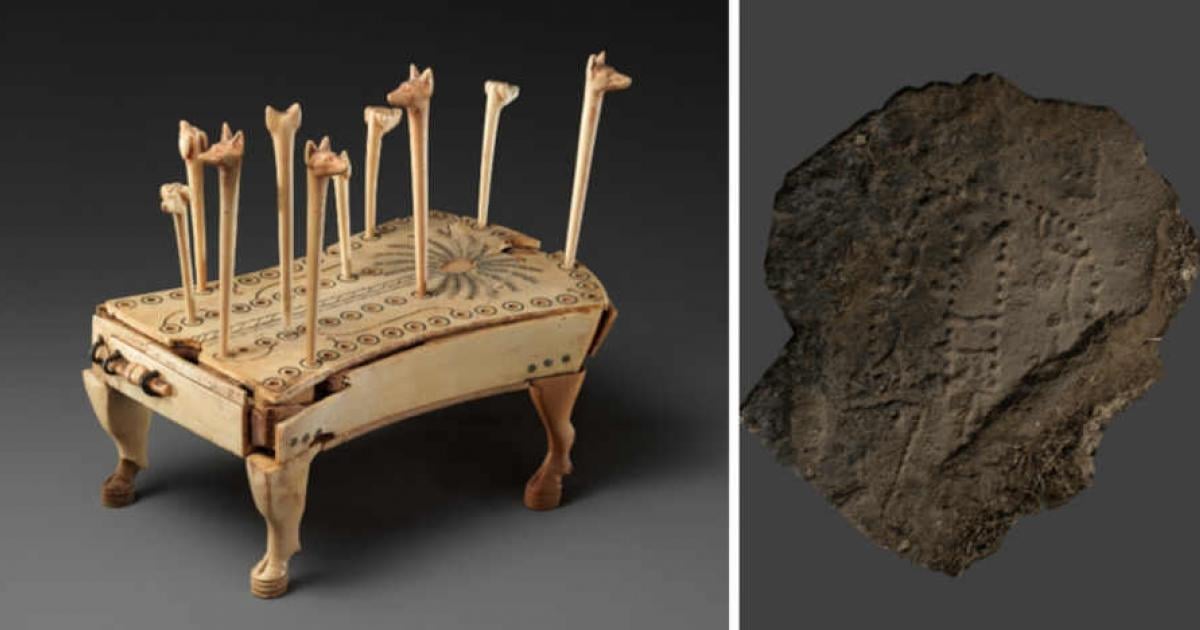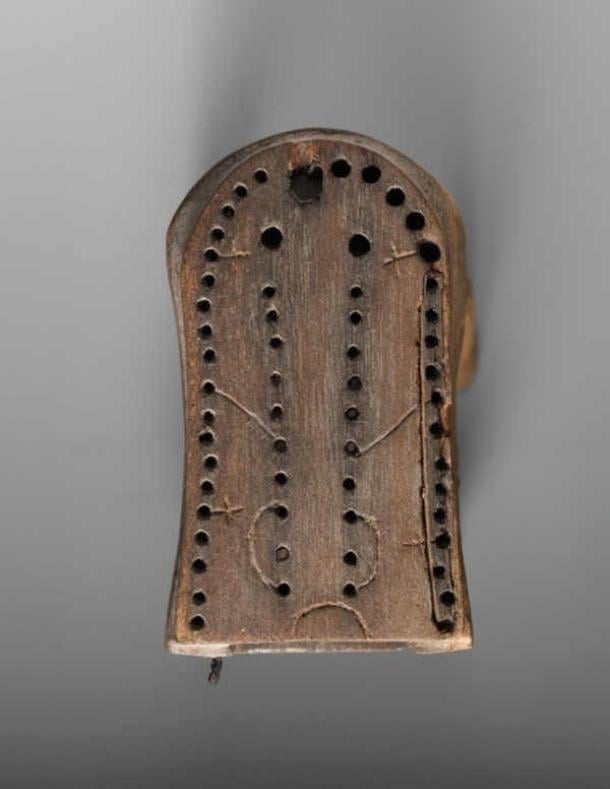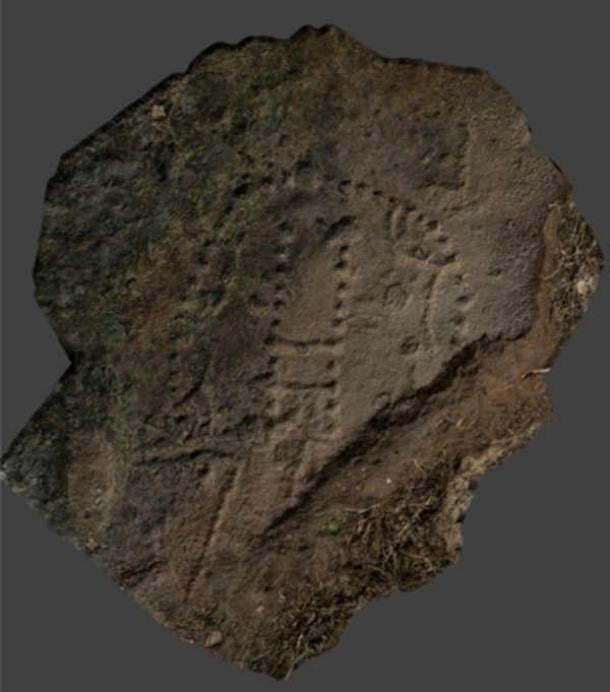The game known as 58 Holes, or Hounds and Jackals, celebrated for its engaging simplicity and deep historical significance, is considered one of the oldest board games in existence. While scholars traditionally believed it originated in ancient Egypt during the second millennium BC, recent archaeological findings have cast doubt on this theory. These discoveries indicate that the game may have actually begun in southwestern Asia before becoming popular in Egypt. This revised understanding not only alters our view of the game’s beginnings but also emphasizes the intricate cultural exchanges and interactions that took place in the ancient world.
The Classic Game of 58 Holes

58 Holes—often called “hounds and jackals” because some of its pieces resemble these animals—is a game with a history spanning thousands of years. The game features a board with 58 holes arranged in two parallel lines of ten holes each in the center, encircled by an arc of 38 additional holes. Players have five pegs each and take turns advancing them based on the roll of a die or the toss of sticks, aiming to move their pegs from the starting point to the finish line.
This game was played across a vast area, with boards discovered in regions including Egypt, the Levant, Mesopotamia, Iran, and Anatolia, according to the authors of the study. Although the oldest known board was found in Egypt, other examples uncovered in various parts of the ancient world suggest that 58 Holes was widely played and may have had several centers of origin.
New Discoveries from Southwestern Asia
Recent research led by archaeologists Walter Crist and Rahman Abdullayev has presented strong evidence indicating that 58 Holes may have originated in southwestern Asia rather than in Egypt. Their findings, published in the European Journal of Archaeology, highlight game boards found in Azerbaijan dating back to the late third to early second millennium BC. This timeline predates the game’s known appearances in Egypt, implying that it was enjoyed in southwestern Asia long before it became prevalent along the Nile.

A pivotal discovery occurred in Gobustan National Reserve near the Caspian Sea, where a game board was inadvertently uncovered in 2015. The arrangement of holes “pecked” into the stone closely resembles other 58 Holes boards found both in southwestern Asia and Egypt. Additional boards have been discovered at sites such as Ağdaşdüzü, Yeni Türkan, and Dübəndi, bolstering the notion that this game was widely played in the region during the Bronze Age.
Reevaluating the Origins of 58 Holes
The identification of these game boards in southwestern Asia challenges the long-standing belief that Egypt was where 58 Holes first emerged. Crist and Abdullayev contend that the variety of boards found in southwestern Asia, along with their early onset and extensive usage, provide substantial evidence for this game’s origins in that area. They propose that the game’s spread occurred through trade routes rather than via conquest, enabling its adoption by diverse cultures across a broad geographic spectrum.
Despite this persuasive evidence, researchers advise caution against attributing the game’s invention to any single culture. The widespread appeal of 58 Holes across different regions and social strata—ranging from Egyptian royalty to Caucasian herders—indicates that it was swiftly embraced by various groups who adapted it to their own cultural contexts.

The Role of Games in Ancient Societies
The dissemination of 58 Holes throughout the ancient world highlights the significance of games as social instruments that foster interactions and communication among diverse cultures. Crist and Abdullayev observe that games like 58 Holes acted as “social lubricants,” helping to forge relationships and establish trust between traders and other participants within the complex networks of ancient commerce.
The transient nature of these game boards, often carved from stone or wood, means that many examples may have been lost to time. However, the discoveries made in the Caucasus and beyond suggest that additional examples may yet be found, providing further insights into the origins and spread of 58 Holes. Such revelations could illuminate the cultural dynamics of antiquity and reveal how games influenced human interactions across various societies.

